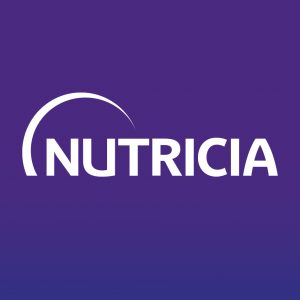Booking Accommodation
Many people find self-catering accommodation convenient as they are able to prepare their own meals. However many hotels and guest houses can be very accommodating to specific dietary needs so it is always worth asking in advance. When booking your holiday think about what type of accommodation will suit you.
Hotel accommodation
Before booking your chosen hotel ask about the types of meals they provide and if they would be willing to prepare low protein pasta or pizza dishes. If they seem accommodating perhaps offer to provide them with some simple recipe ideas.
Ask if your hotel room has a fridge you can use to store low protein milk alternatives and protein supplements. If they do not have a fridge in the room, find out if you can store your essential foods (labelled) in the hotel fridge. It may be worth investing in a good esky bag / ice pack for when you travel.
Travel tip – hotels which provide buffet style meals are a good option as they usually offer a wider selection of food options.
Self-catering accommodation
If you prefer to cook for yourself while away it is important to find out what type of kitchen equipment will be available.
Self-Catering Checklist:
- Fridge
- Oven
- Microwave
- Toaster
Getting a travel letter
If you are travelling overseas, once you book your holiday contact your dietitian or doctor in your PKU team to obtain a ‘travel letter’. This letter should include details of your child’s condition and low protein food and PKU supplement requirements (including name and quantity of products).
It is advisable to make a couple of copies of this letter as you may be asked to send a copy to your airline or your travel insurance company. You should also carry the letter with you in your hand luggage in case you need to show customs to explain why you are carrying medical food or protein supplements in your hand luggage.
Please note: carrying prescription products for someone who is not travelling with you is not allowed.
Contact the airline
We recommend that you contact the airline’s customer service department to notify them of your travel requirements and to find out what their policy is regarding travel with medical food. If using a travel agent they may be your first point of contact. Airline policies when travelling with medical food will differ so it is worth checking with a customer service representative before you travel.
Airline contact checklist
- Ensure you have your dietitian/doctor travel letter and your emergency letter (if required)
- Have your flight details at hand
- Decide how much low protein foods and protein supplements you need to carry on the flight
- Calculate the weight of the full amount of your low protein foods and protein supplements that you will check-in*
*Please contact the manufacturer of your child’s protein supplement if the product pack does not list a weight. If your child takes a Nutricia product, you can contact our Nutricia Clinical Care Line on 1800 060 051.
Travel tip – Powdered PKU supplements are handy if you are going away for a few weeks to save you from carrying a suitcase full of liquids. Don’t forget to pack your scales, measuring cups and spoons.
Please Note: The dietary management for PKU varies for each person so all information presented here is for guidance only. Your own dietitian and/or doctor will advise you on all aspects relating to management of PKU for you and your family.
References: PKU Handbook [2005]. Australasian Society for Inborn Errors of Metabolism (ASIEM) (Australia and New Zealand). Chapter 15: Overseas travel.









